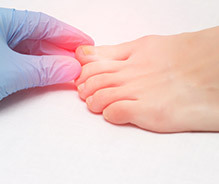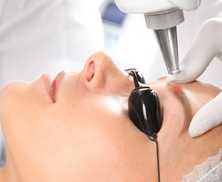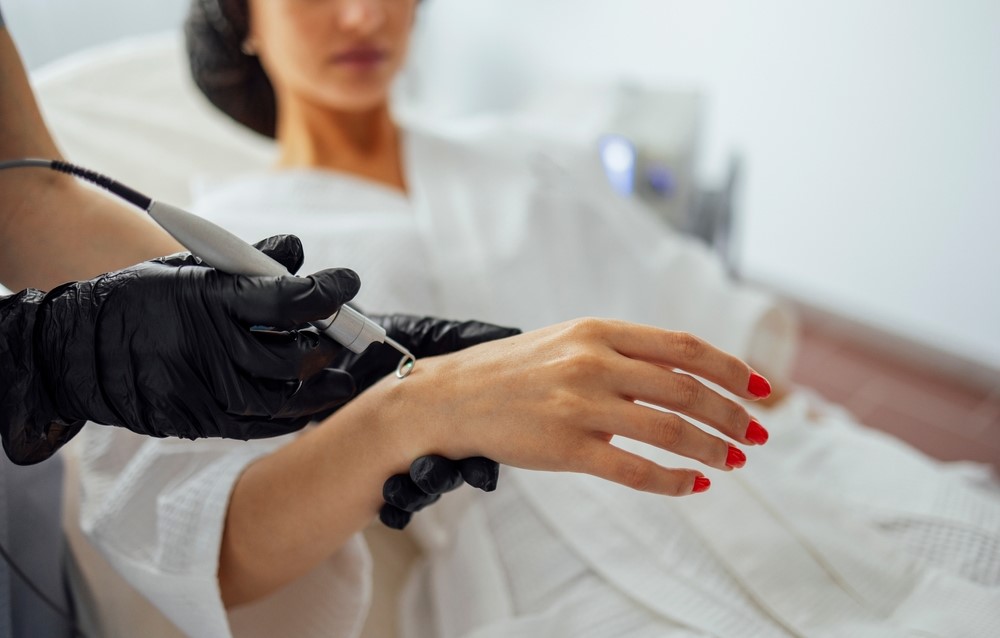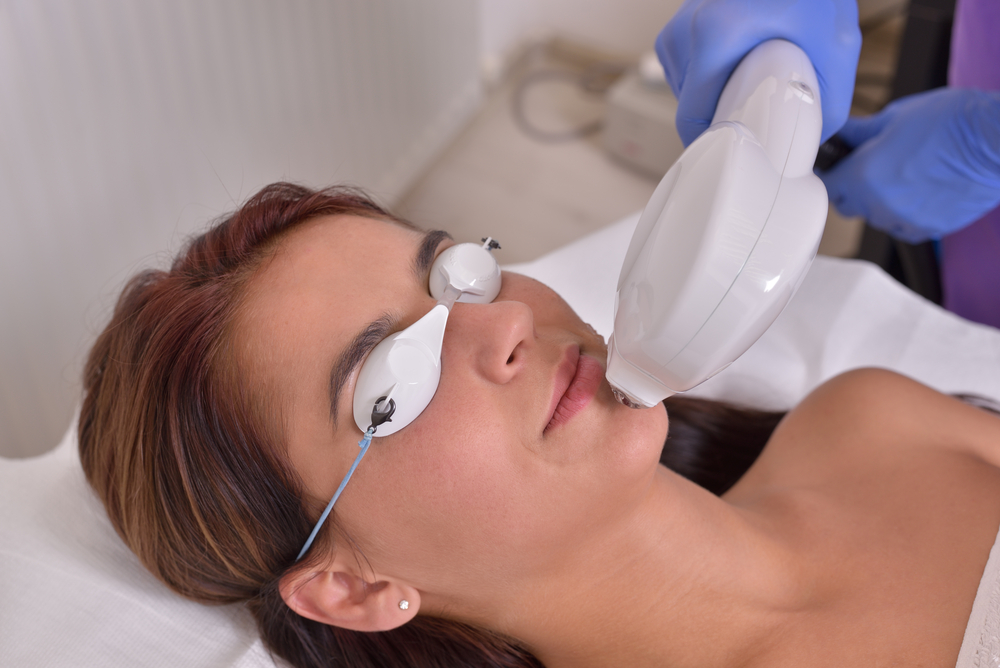Hyperpigmentation is a skin pigmentation condition that results in dark patches on the skin. These patches are harmless and are actually very common. Despite this condition being no threat to your health, many people with hyperpigmentation wish to treat it cosmetically.
Here at The Laser Treatment Clinic, we can help reduce the appearance of hyperpigmentation and give your skin a more even look. With our friendly team of professionals and top of the line technology, we can easily help you achieve the skin of your dreams, with the utmost care!
If you have hyperpigmentation and wish to learn a little more about it then you’re in the right place. In his blog post, we delve deeper into the world of hyperpigmentation and help you understand why your skin looks the way it does and what options there are out there to help you.
What causes hyperpigmentation?
Hyperpigmentation is caused by an overproduction of melanin. Melanin is a natural skin pigment within the body that gives the skin its natural colour. Damaged skin cells can sometimes cause an excess of melanin, causing it to clump together. As melanin clumps together the affected areas of the skin darken, causing dark patches on the skin.
This can affect various parts of the body. For some people, hyperpigmentation can happen in small patches, whereas for others it can cover larger surfaces of the skin. In very rare cases, some people may experience hyperpigmentation over their whole body.
The types of hyperpigmentation
Below we will be discussing the different types of hyperpigmentation disorders, so you can learn more about them.
Melasma
This skin pigmentation disorder is very common and harmless. It’s characterised by small freckle-like spots that usually appear on the face. Melasma is very common amongst pregnant women, as one of the main causes of it is a change in hormones. Other causes include: sunlight exposure, and some medications such as birth control.
Post inflammatory hyperpigmentation
This kind of hyperpigmentation is caused from inflammatory conditions such as eczema, psoriasis, and acne. Sometimes, inflammation can cause an overproduction in melanin, resulting in hyperpigmentation in the affected parts of the body.
Post-inflammatory hyperpigmentation is nothing to worry about, however many people are insecure about their hyperpigmentation and wish to see it removed.
Here at the Laser Treatment Clinic, we have a wide range of procedures to help treat your hyperpigmentation safely and effectively. If you’re interested in the treatments we have to offer then contact our friendly team today or book your free consultation with one of our experts.
































